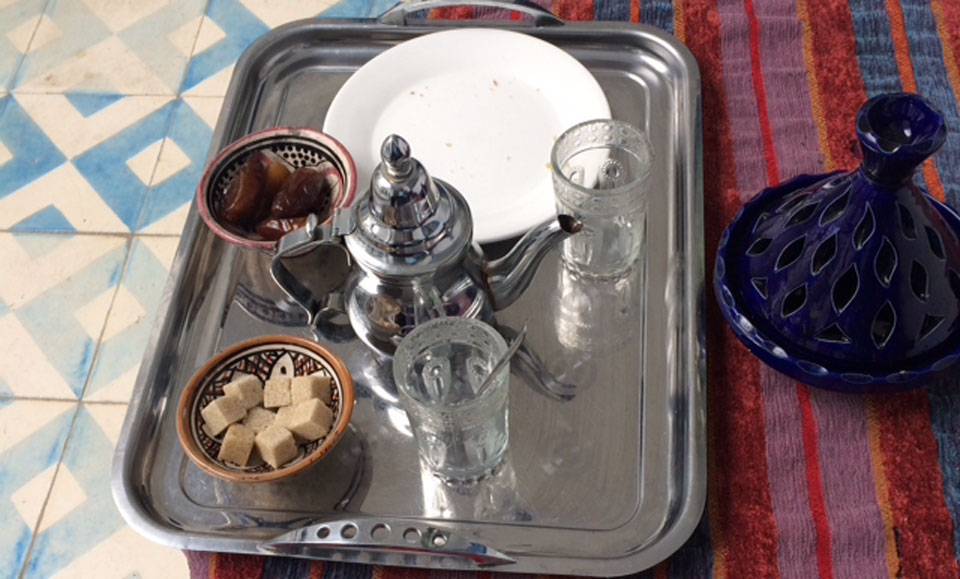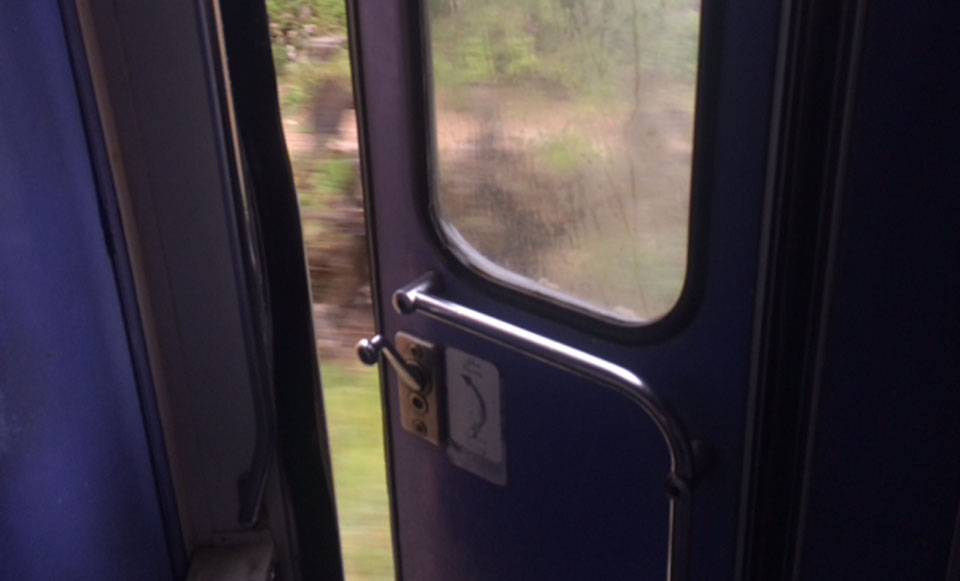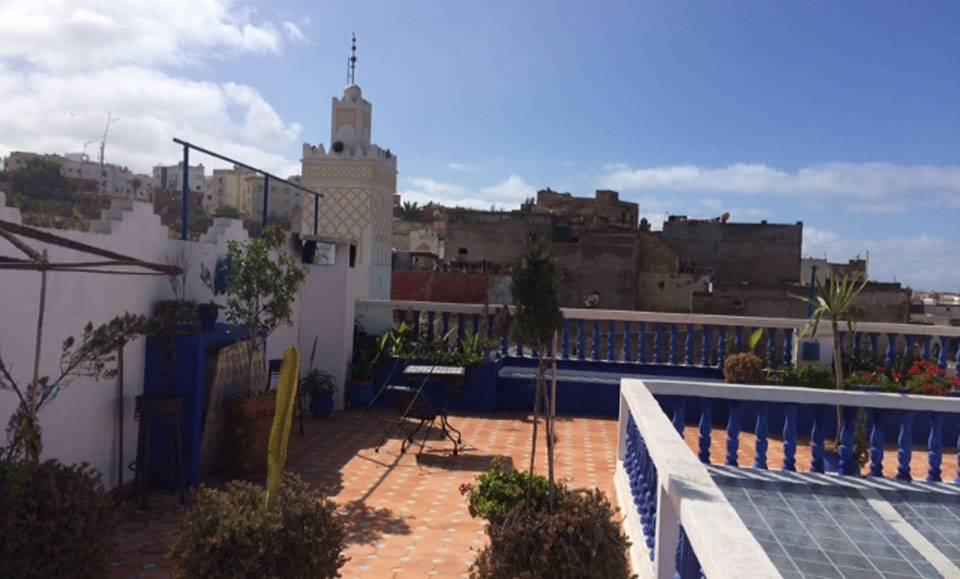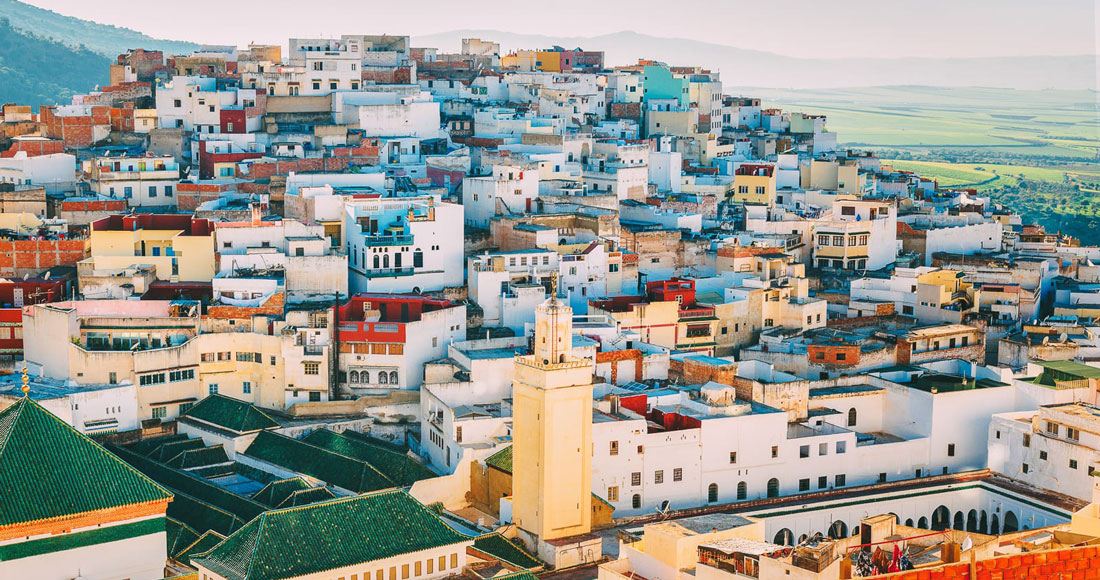A fragrant melting pot of Arabic, Andalucian, Berber and French culture (and spices), Morocco is a country of incredible beauty and culture. But when you cross the Gibraltar Strait and enter Morocco, you’re not just leaving Spain—you’re leaving Europe.
Of course: you can get yourself into trouble in a London nightclub, a Parisien pub or at a Barcelona boat party, but—generally speaking—you have a good idea of how debaucherous you can get without majorly irritating anyone.
However in Morocco, unless you keep a copy of The Lonely Planet in your bathroom and Tripadvisor cheat-sheets glued to your bedroom walls, it’s not as obvious what the rules of etiquette are.
Although Moroccans are some of the most hospitable people in the world (and while the younger generations are becoming more relaxed about religious customs than those that preceded them), there are still a number of boundaries you ought not cross.
From the clothes you should (and shouldn’t) wear to handy local slang that will help you really connect with people, this is your guide to travel etiquette in Morocco.
Don’t Go In For The Hug
In Morocco, men usually shake hands rather than hug. This is traditionally followed by gently touching your heart with your right hand.
While it’s not offensive if you don’t, much like learning a bit of lingo, going the extra mile to embrace the local customs is always appreciated (who knows, it may even score you an invite to some Tagine).
As for greeting (or saying goodbye to) a woman: don’t try and shake her hand or make any physical contact, unless she initiates it herself (they have to be quite careful with this, due to religious beliefs).
Be A Good Guest; Bring Sweets

When invited to someone’s home, it is customary to take a gift, such as sweet pastries, tea or sugar.
Learn A Few Local Phrases
While French is widespread in Morocco, Arabic is a better way to break the ice. Here are a few good starting points:
- “Alsalam ealaykum” – pronounced, “Salaaaam Alleykoom.” Literal meaning: peace be with you. More often used as a casual greeting though.
- “Jawahra” – pronounced, “Hoy yah”. Literal meaning: Jewell. Used as an affectionate term like, “Mate.” If used correctly, it could even get you free parking from the lot attendants.
- “Shukraan” – thanks.
- “Na’aam” – yes.
- “La” – no.
- “Aiwa” – ok.
- “Bi Kam” – how much is this?
Dress Respectfully
In terms of attire, both male and female visitors should keep their shoulders covered (i.e. leave your Bintang singlet at home). This is especially important outside of the cities, in areas where people may be more conservative (like the Berber Mountains). In these places, even above-the-knee shorts may be seen as inappropriate—on either gender. So stick to trousers and a modest tee.
Eat With The Right Hand
According to The Lonely Planet, “Eating with the left hand is considered unclean as it’s used for toilet duties,” which led multiple other travel blogs to urge their readers not to handle food with their left hand, particularly if eating from a communal dish like a tagine. In our experience, however, the locals were too busy doling out Zaalouk and enthusiastically urging us to eat more to care which hand we used.
Keep Your Wits About You On The Train

If you have luggage that doesn’t fit into the overhead racks provided, as we found out with our surfboard, don’t leave it up against the wall unless you want a supremely angry conductor to tell you to get off the train (while you may be told it’s ok to bring it at the ticket office, the story can change once you’re onboard). An alternative to this is to get the bus between towns, where all the luggage gets chucked in the hold.
Another tip, if you are catching the overnight train, is to book a first class ticket, which—at just $10 or so more than Coach—is a quality sleep-vestment. Finally: be wary of doors that remain half-open throughout the whole trip, and if you get the choice don’t sit too close to the bathrooms, which (on some trains) tend to get blocked from about one hour in.
Don’t Eat Or Smoke In The Street During Ramadan
However hungry you are, or however desperate you are for that nicotine boost, if you are visiting Morocco during Ramadan have some patience and wait until after sunset.
Don’t Try To Enter A Mosque (Unless You’re A Muslim)

As Rough Guides, a travel website, points out, “Without a doubt, one of the major disappointments of travelling in Morocco, if you are not Muslim is not being allowed into its mosques.”
“The only exceptions are the partially restored Almohad structure of Tin Mal in the High Atlas, the similarly disused Great Mosque at Smara in the Western Sahara, the courtyard of the sanctuary-mosque of Moulay Ismail in Meknes and the Hassan II Mosque in Casablanca.”
“Elsewhere, if you are not a believer, you’ll have to be content with an occasional glimpse through open doors, and even in this you should be sensitive: people don’t seem to mind tourists peering into the Kairaouine Mosque in Fez (the country’s most important religious building), but in the country you should never approach a shrine too closely.”
From what we gleaned (staying next door to a Mosque), this is good advice. The only other information we’d offer is that if you are a late riser you might not want to stay too close to a Mosque, lest you be woken by the early morning prayers.
Above all, use your common sense, be friendly and show respect.
